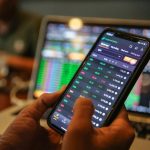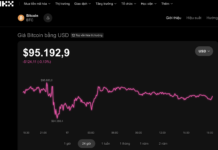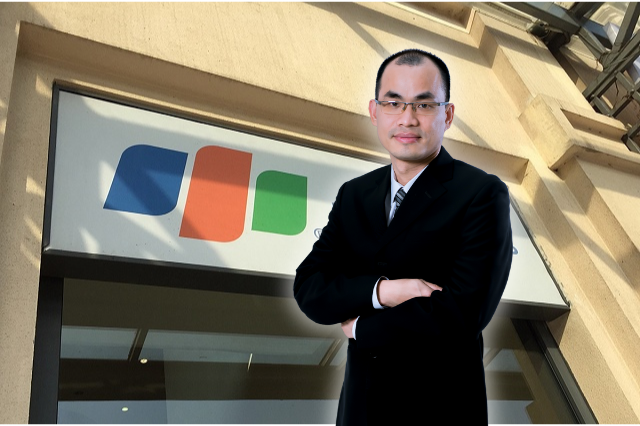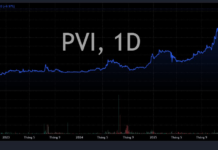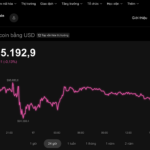The Ministry of Finance and the State Securities Commission have recently announced a draft circular amending regulations to allow foreign institutional investors to purchase securities without pre-funding (Non Pre-funding Solution – NPS) and a roadmap for English disclosure.
According to Mr. Hoang Viet Phuong, Director of the Analysis and Investment Consulting Center of SSI Securities Corporation (SSI Research), the NPS policy enables foreign institutional investors to buy stocks on T+0 and receive funding on T+1 to T+2, without the need for 100% margin as currently required.
This policy addresses the requirements for an upgrade by FTSE Russell (Financial Times Stock Exchange Group), including the transfer of payment counterparts and the handling of failed transactions.
At the same time, with the English disclosure roadmap, from January 1, 2028, all public and listed companies will be required to periodically and irregularly disclose information in English. This is aimed at enhancing transparency and accessibility for foreign investors while also addressing MSCI’s requirements.
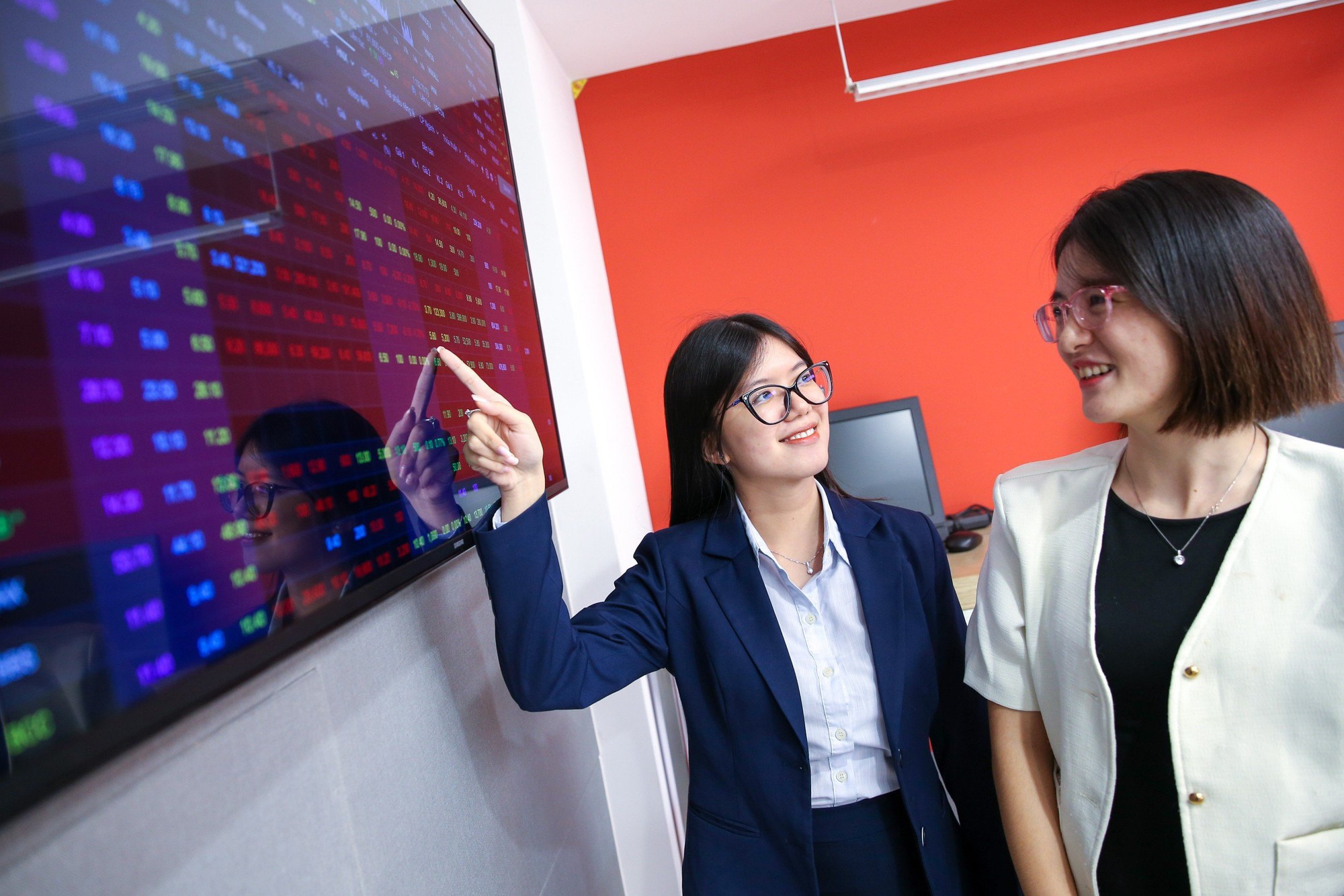
The stock market is expected to become more positive as foreign institutional investors are allowed to trade on T+0 (Photo: H. Trieu)
According to SSI Research, the circular is expected to be implemented in the fourth quarter of this year. FTSE Russell may give a positive evaluation in the September 2024 ranking and decide to upgrade Vietnam’s market status in September 2025.
The upgrade to emerging market status will help attract capital inflows from ETFs, potentially reaching $1.6 billion, excluding active funds. Additionally, it will improve market quality and attract investments from professional foreign institutional investors, helping the Vietnamese stock market gain attention from MSCI.
According to SSI Research, the draft circular sets a limit on buy orders, which securities companies must determine at the beginning of the trading day. The value is the sum of the amounts that can be converted into cash by securities companies, but it should not exceed twice the difference between the value of owned equity and margin debt for securities trading.
The amounts that can be converted into cash by securities companies include cash in the fund; bank deposits, government bonds, and certificates of deposit; proceeds from the sale of proprietary stocks awaiting settlement; receivables from advance payments for the sale of listed, registered, and traded securities; and pre-paid money from foreign institutional investors to ensure payment capability. Securities companies can also utilize available overdraft limits and payment guarantee limits from credit institutions in Vietnam and abroad.
“The upgrade from a frontier to an emerging market is not just a change in name but also a qualitative shift, and the majority of the capital will come from professional foreign institutional investors. In other words, this is achieving the goal of developing the investor base.”
“The upgrade by FTSE to emerging market status will be a great opportunity for the Vietnamese stock market to gain recognition from MSCI, especially given the limited number of stock markets that have the potential to be upgraded to emerging market status,” SSI Research stated.
Dragon Capital Chairman: “Long-term vision is needed, accepting necessary adjustments for a safer, more efficient, and higher quality market”
According to Mr. Dominic Scriven, Chairman of Dragon Capital, the role of the finance industry in the stock market will be significant in 2023 and possibly in 2024. The roles of other industries, such as real estate or consumer goods, will depend on their respective challenges.


